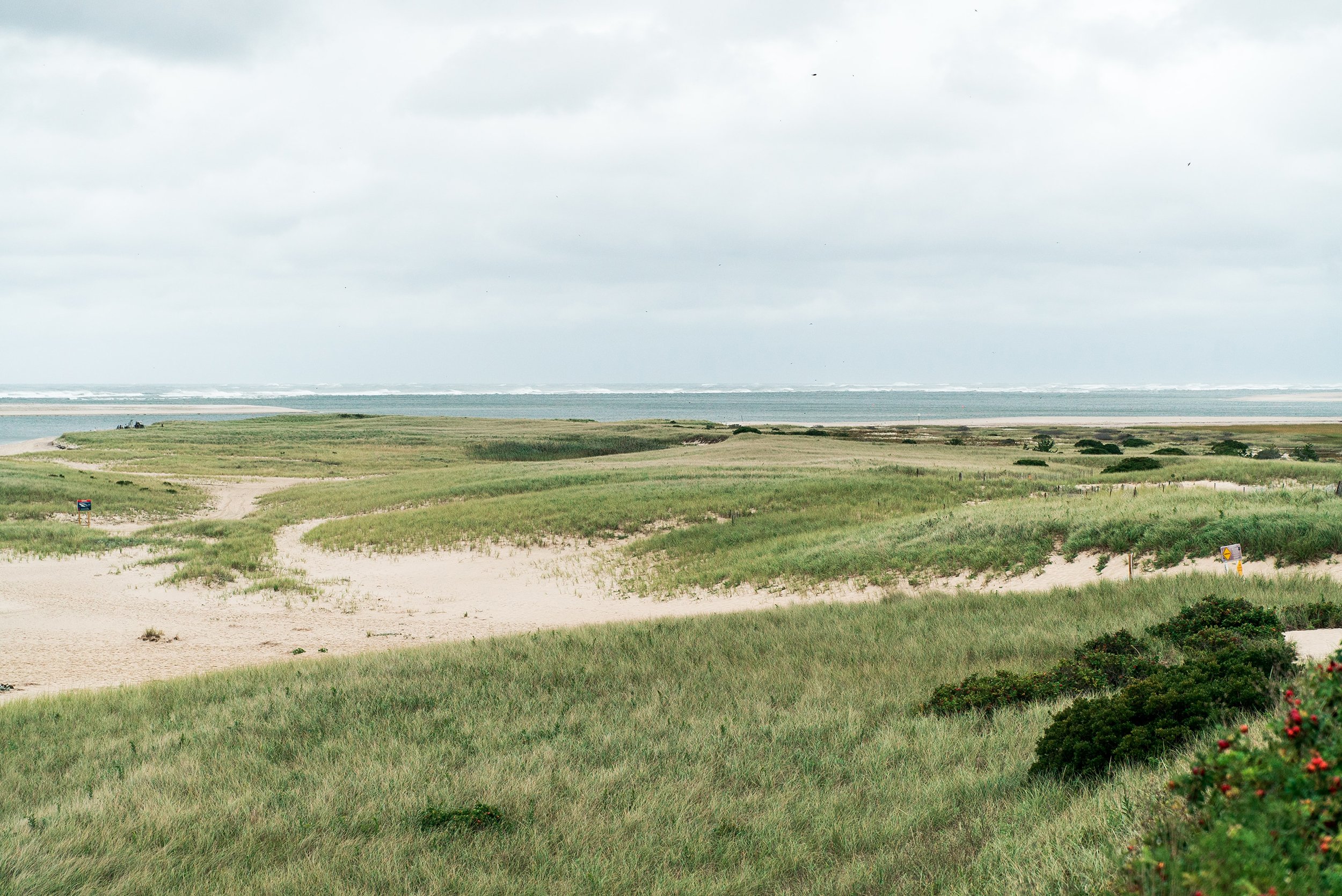
About Us
Mission Statement
The Woods Hole Institute (WHI) is a non-profit organization experimenting at the boundaries of science, art, and humanistic thought that brings diverse thinkers, researchers and artists together to address society’s most complex problems.
What We Do
The Woods Hole Institute (WHI) is an experiment in integrative action across the boundaries of science, art and humanistic thought, exploring the next big scientific frontier: understanding ourselves. We can look through telescopes at the origins of the Universe, we can look through microscopes and understand how the smallest living things behave, and we can conceptualize quarks, atomic forces, and even the realm of quantum mechanics; but we don’t deeply understand what it means to be human and how the mind, and social systems really interact. At WHI, we seek to gain understanding of the human scale through exploring our mind’s relationship to the environment, and our relationships with each other. At its heart, it is exploring human culture––human expression, knowledge from all domains, and creativity––and how it evolves. And we seek to draw on the way we understand complexity to inform the way we understand ourselves and our place in nature.
The Woods Hole Institute is a place to help connect people and ideas among disciplines through a wide range of experiences such as colloquia, seminars, retreats, workshops, performances, and installations.
We focus on a range of topics and their relationships with culture:
Complexity
When asked what he thought about the prevailing notion that while the 1900s was the Century of Biology, the 2000s would be the Century of Physics; Steven Hawking’s response was that the 21st century would be the “Century of Complexity”. While the principle of parsimony has served us well in the past, it is not enough to address the daunting problems we now face as a species. At WHI, we recognize the value of complexity as a framework for addressing humanity’s wicked problems.
Convergence
As we work away in our disciplinary silos, we don’t always recognize the value of working across them. But finding ways to work together when even the same words we use can have different meanings across disciplines can be difficult. Thinking “out of the box” is one thing, “thinking together out of the box” is another. We now know that addressing 21st century problems will take the collective minds of all of us. Converging the disciplines of science and valuing and working together across the social and physical sciences as well as the arts and humanities is going to be how we create a future for everyone.
Sustainability & Resilience
In the final analysis, we are all in this together. Humans are not exceptional, but are part of the natural systems of the earth and are governed by the same laws as everything else in nature. In order for communities of living things to be adaptive to extreme environmental events and serve all its members in ways that can function in perpetuity, we must rethink our relationship to the places we live and work. This will only happen with deep engagement, understanding what matters to the collective, knowing what it means to be part of a dynamic system, and working together to create healthy and equitable ways of living.
Emergence
With even the best minds and tools of science and engineering, we often can’t predict what happens next. But we can be prepared to expect the unexpected. With the rapidly changing climate, stresses on food systems, and increasing destruction of wildlands, we have to anticipate the next superstorm, the next pandemic, or the next dramatic change in climate and be willing to have plans to respond to something big, the nature of which we might not really have a good grasp.
Among the science-inflected topics we explore are:
-
What it means to be grounded in nature and using its rules to guide us in working across boundaries; nature as a reflection of the ways things work.
-
The connections among complex human social and cognitive systems and the natural systems in which they are embedded.
-
From a systemic and process sense, not content sense. It is how we understand and navigate the world.
-
Seeking homologous patterns that connect, for example, among complex social networks, brain networks and environmental systems.
-
The kinds of problems embedded in systems that require new thinking to discover and may only become evident through emergence.
The Woods Hole Institute is a 501(c)3 non-profit organization.



